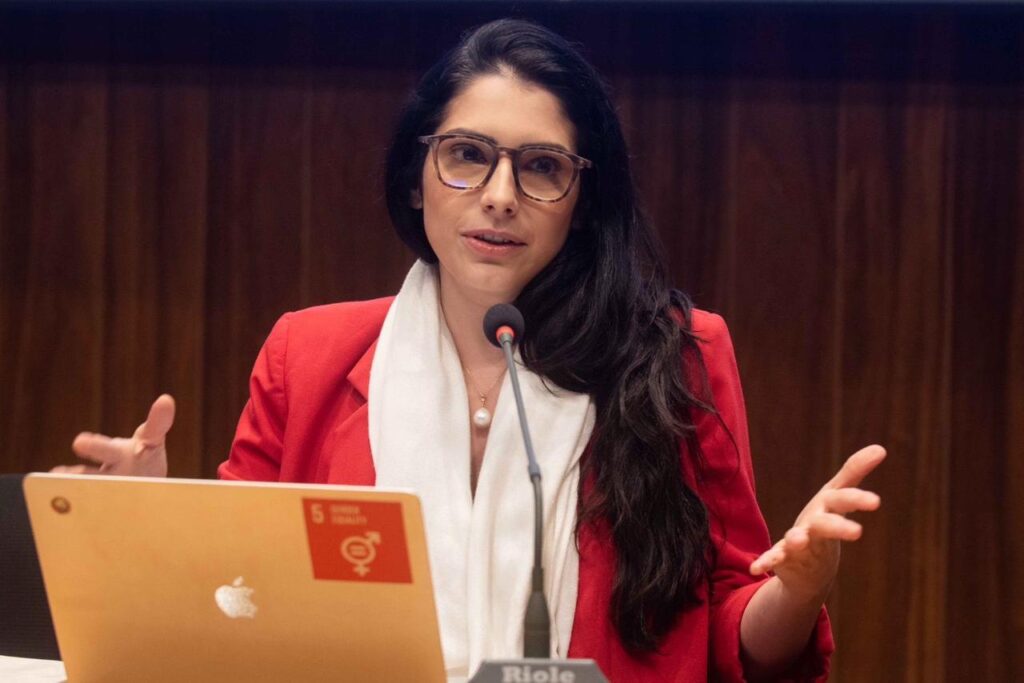Title: Brazilian Lawyer Exposes Deceit at Heart of Twitter Files, Sheds Light on Manipulation
An interview with Estela Aranha, who forced Michael Shellenberger to apologize after exposing his manipulation of data to build a false narrative about “totalitarian” Brazil
By Brian Mier
In a recent turn of events, Michael Shellenberger’s Twitter Files Brazil came under scrutiny after Estela Aranha, former Secretary of Digital Rights in the Brazilian Justice Ministry, revealed discrepancies in his narrative. Shellenberger had claimed that Brazilian Supreme Court Justice Alexandre de Moraes was pressing criminal charges against Twitter Brasil’s lawyer for refusing to provide personal information on perceived political enemies. However, Aranha shed light on the actual context, clarifying that the criminal charge filed against Twitter Brazil was related to the company’s refusal to disclose data on a leader of Brazil’s largest cocaine trafficking organization, the PCC.
In an interview conducted on April 13, 2024, Estela Aranha shared insights into her role in Brazil’s Ministry of Justice, particularly highlighting her involvement in Operation Safe Schools. This initiative aimed to prevent school massacres by monitoring and regulating social media content that incited violence and fear among students and parents. Aranha emphasized the importance of collaborating with social media companies to remove profiles promoting terrorism and glorifying perpetrators of school attacks.
Addressing the differences in freedom of expression laws between Brazil and the US, Aranha highlighted how Brazilian legislation prioritizes balancing essential rights, such as prohibiting advocacy for Nazism and discriminatory speech. She pointed out that while the US enjoys broader freedom of expression, Brazil’s legal framework emphasizes maintaining electoral integrity and preventing harmful discourse.
Regarding the motives behind Elon Musk and Michael Shellenberger’s attacks on Brazilian institutions, Aranha speculated that their ultimate goal is to interfere in international politics and support the far-right agenda. She suggested that Musk and Shellenberger’s actions aimed to undermine the Brazilian court system and shield key players from accountability for past coup attempts.
In conclusion, Estela Aranha’s revelations shed light on the deceptive tactics employed by individuals like Michael Shellenberger to manipulate information and distort political narratives. Her detailed insights provide a critical perspective on the challenges facing Brazil’s legal and political landscape amidst growing international influence and disinformation campaigns.
